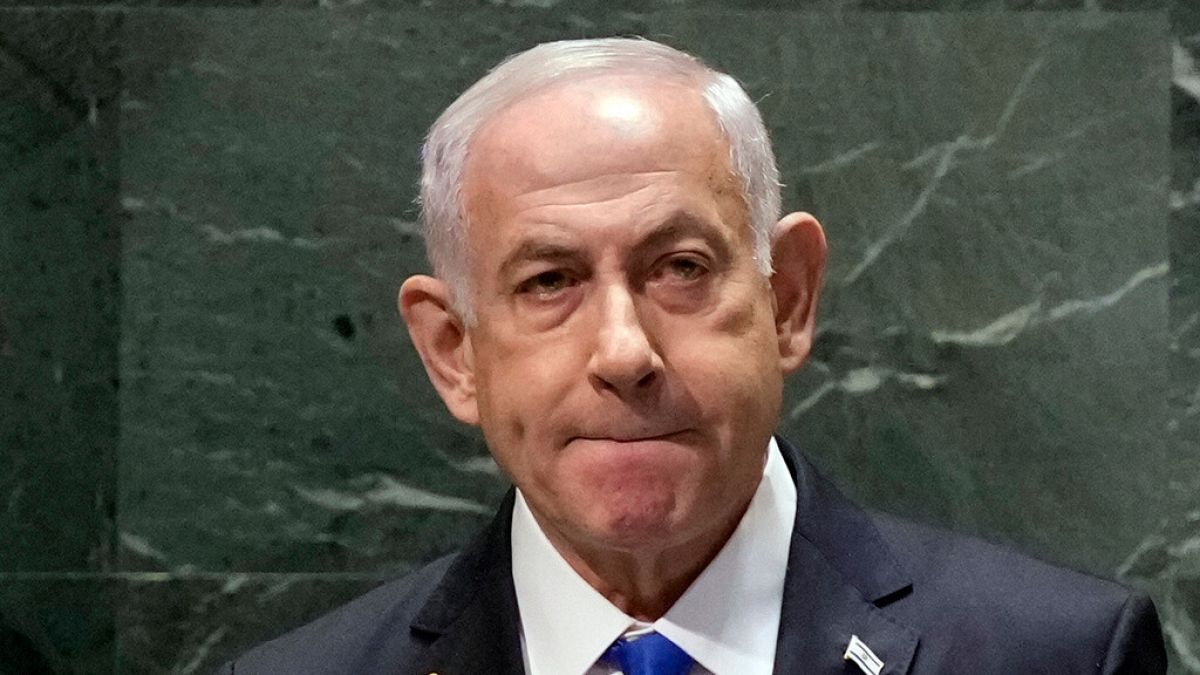Israeli Prime Minister Benjamin Netanyahu has assured the Biden administration that Israel will only strike military targets in a counterstrike against Iran, according to reports. This signals to Washington that Israel is planning a more limited operation that would avoid hitting nuclear sites or oil facilities. The US had publicly warned Netanyahu that it would not support a counterstrike on Iran’s vital facilities. President Joe Biden congratulated Netanyahu on Israel’s recent operations against Hezbollah but stopped short of approving a strike on Iran’s nuclear sites, stating that the answer is no.
The conflict between Israel and Iran escalated when Iran fired around 180 missiles into Israel on 1 October in response to Israeli airstrikes across Lebanon that killed senior commanders of Hezbollah. Netanyahu has pledged to respond to the Iranian missile barrage, but the timing and method of retaliation remain uncertain. Biden, who has advocated for a ceasefire in the region, is concerned about the economic repercussions of a strike on Iran’s oil facilities, especially with the upcoming US presidential election. This has led to the US announcing the deployment of a Terminal High Altitude Area Defence battery and an operating team to Israel to strengthen its missile defences.
In addition to the tension with Iran, Israel has also increased its offensive in Lebanon and Gaza. Troops have been sent into Lebanon to combat Hezbollah, despite accusations from the UN of illegally entering a peacekeeping base with tanks. Northern Gaza has also been the target of renewed orders for civilians to evacuate, aimed at clearing the area of everyone except Hamas fighters. However, this move has raised concerns from NGOs and governments about the safety and well-being of civilians who may become trapped and unable to leave their homes.
Despite the ongoing conflict, Netanyahu’s commitment to only strike military targets in a counterstrike against Iran shows a willingness to prevent further escalation. The US has made it clear that it will not support attacks on Iran’s nuclear or oil facilities, and Biden’s focus on a ceasefire indicates a desire to avoid further destabilization in the region. The deployment of missile defence systems to Israel underscores the US’s commitment to bolstering Israel’s defences while also signaling a stance against strikes that could have wider economic implications.
As tensions continue to simmer in the Middle East, the actions and responses of key players like Israel and the US will play a crucial role in determining the course of the conflict. Netanyahu’s assurance to only target military sites in a potential counterstrike against Iran aims to strike a balance between retaliation and restraint. With the US supporting Israel’s missile defences and advocating for a ceasefire, the focus remains on de-escalation and minimizing the impact of the conflict on the region. The coming days will be crucial in determining the next steps in this complex and volatile situation.










